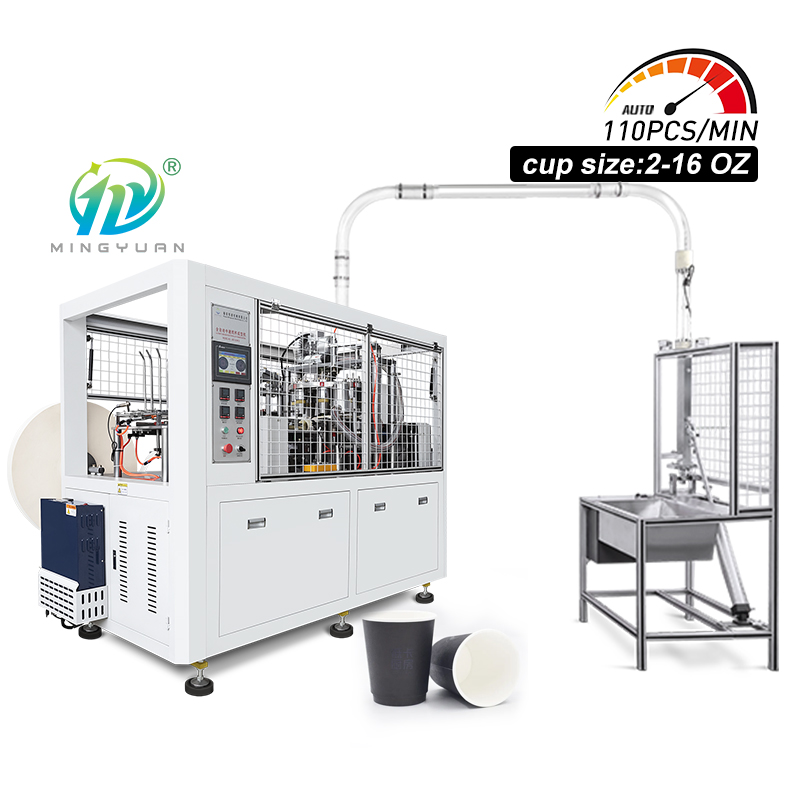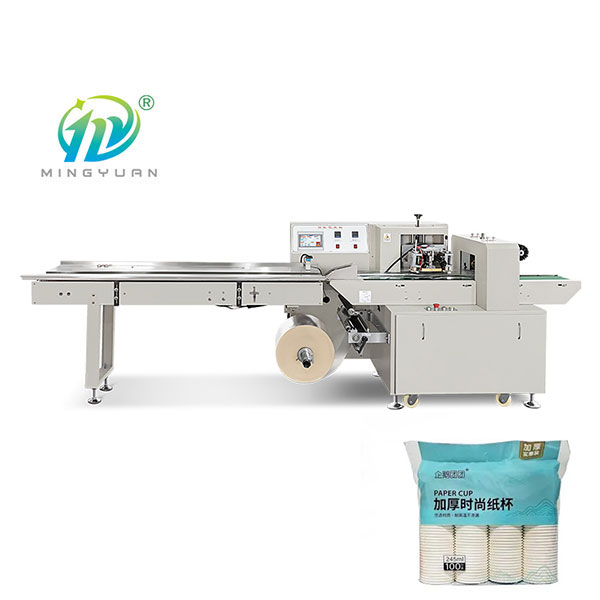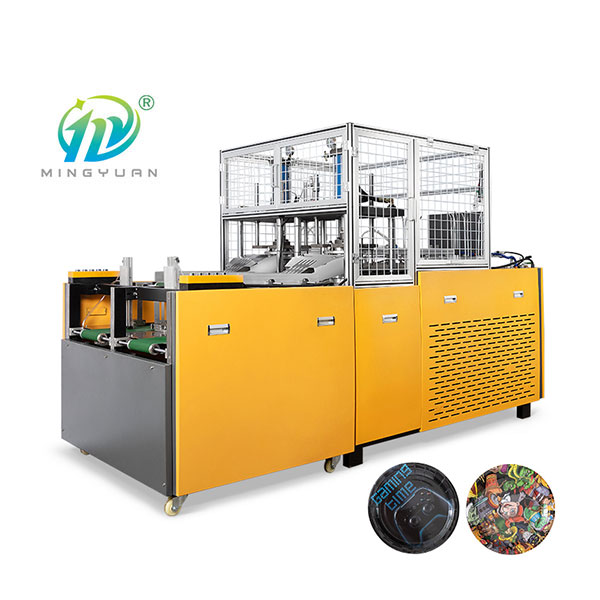Globally, the rise in environmental awareness has prompted companies and consumers to pay more attention to sustainable products. Disposable plastic cups have caused a significant burden on the environment due to their difficulty in degradation, and biodegradable cups have gradually become an environmentally friendly alternative. In addition to reducing environmental pollution, these cups also bring many economic and social benefits. This article will take a deep look at the materials, types, and benefits of biodegradable cups for businesses and society.
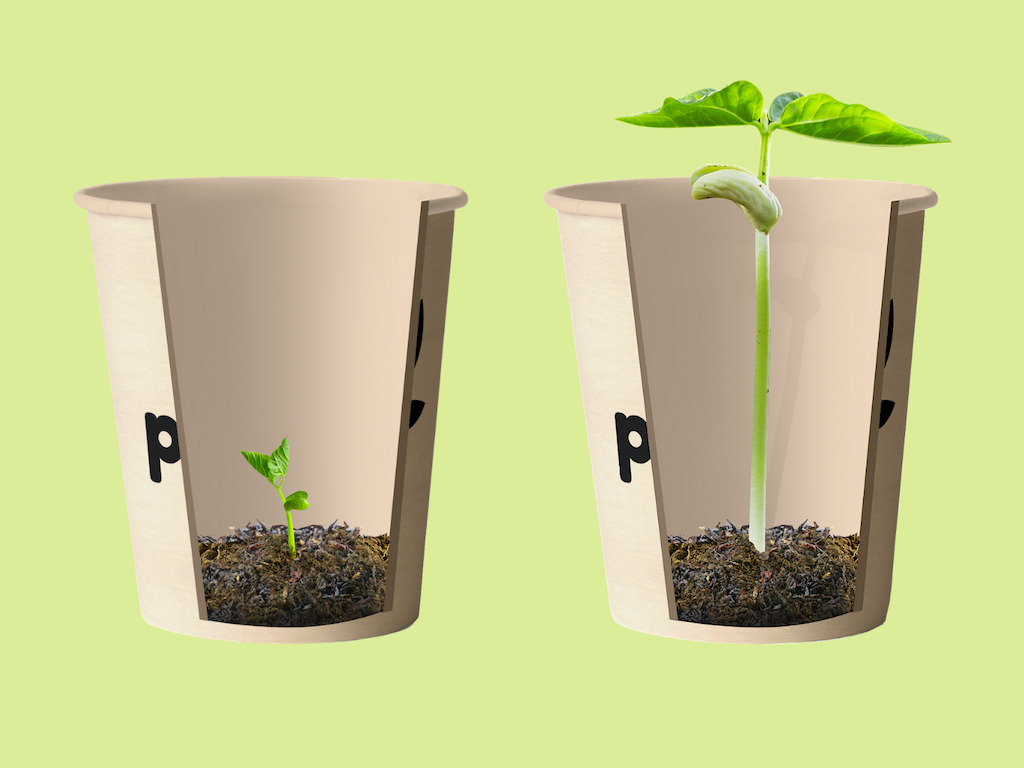
What Materials Are Used in Biodegradable Cups?
When manufacturing biodegradable cups, material selection is critical to environmental performance. The use of bio-based materials, such as polylactic acid (PLA), plant fibers and biodegradable polymers, can significantly improve the environmental protection properties of the cup. These materials are often sourced from renewable resources such as corn starch or bamboo fiber, reducing reliance on petroleum-based feedstocks.
The key lies in the material's degradation properties. These bio-based materials can accelerate the decomposition process into water, carbon dioxide and organic matter in specific environments, such as industrial composting facilities, and degrade faster than traditional plastics, thus reducing the risk of long-term environmental pollution.
Material choice also affects the durability and functionality of the cup. Biodegradable materials are often water- and heat-resistant, ensuring the cup's reliability in use. For example, improved paper coatings make paper cups more water-resistant while maintaining their biodegradability. This comprehensive design ensures that the cup is both environmentally friendly and functional.
In summary, materials have a profound impact on degradable cups. From source selection to degradation effect, every link is directly related to the environmental benefits and market applicability of the product. Proper material selection not only improves the performance of the cup, but also significantly reduces environmental impact, supporting sustainability goals.
Types of Biodegradable Cups
In the design and manufacture of biodegradable cups, the choice of materials is crucial. Different materials not only determine the performance of the cup, but also directly affect its environmental characteristics and degradation rate. The following are several commonly used biodegradable materials and their characteristics:
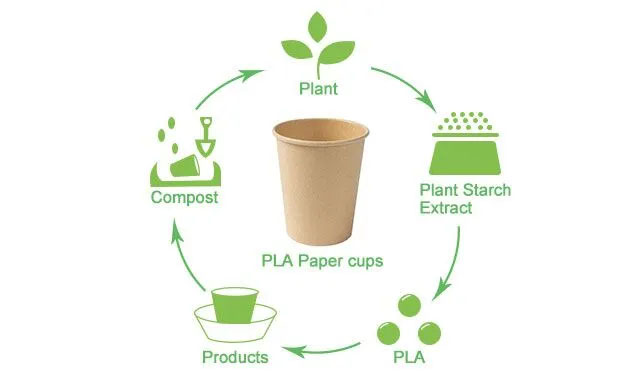
1. PLA coated paper cups:
PLA coated paper cups combine the environmentally friendly design of paper and PLA coating, and the paper is usually sourced from sustainably managed forests. To provide waterproof properties, the surface of the paper is coated with a layer of PLA biodegradable material. This design not only enhances the practicality of the paper cup, but also maintains its degradable properties. After use, these paper cups can be decomposed through composting, effectively reducing the impact of plastic waste on the environment.
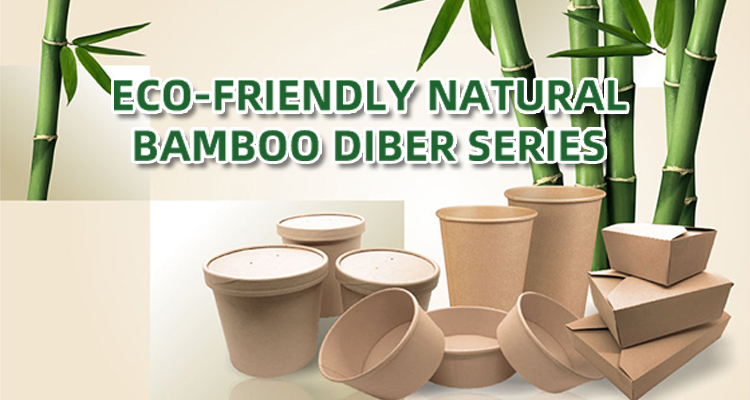
2. Bamboo fiber cup:
Bamboo fiber is a natural, renewable biomaterial that makes it an ideal biodegradable cup material due to its high strength and antibacterial properties. Bamboo grows quickly and does not require large amounts of pesticides or fertilizers, making bamboo fiber more environmentally friendly. Bamboo fiber cups are not only durable, but also quickly degrade in the natural environment after use, significantly reducing the burden on the environment.
3. Plant fiber composite cup:
Plant fiber composite materials are made of plant fibers mixed with biodegradable polymers, combining the strength of traditional plastics with the environmentally friendly characteristics of biodegradation. This cup is both environmentally friendly and has excellent performance, not only reducing the impact of plastic waste on the environment, but also providing excellent user experience and durability.
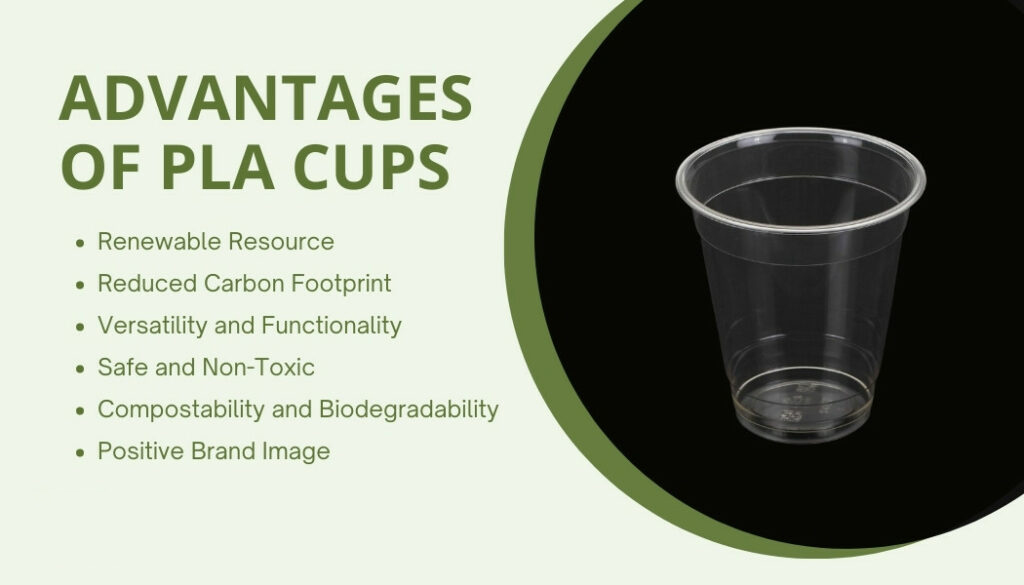
4.PLA plastic cup:
Polylactic acid (PLA) is a bioplastic extracted from renewable plants such as corn and sugar cane, and is used to make biodegradable cups. PLA is transparent and strong, and looks similar to traditional plastics, but it can be quickly decomposed into water and carbon dioxide in industrial composting. Because it is derived from plants, PLA reduces dependence on non-renewable resources such as oil, and has relatively low carbon emissions during the production process, making it an environmentally friendly choice.
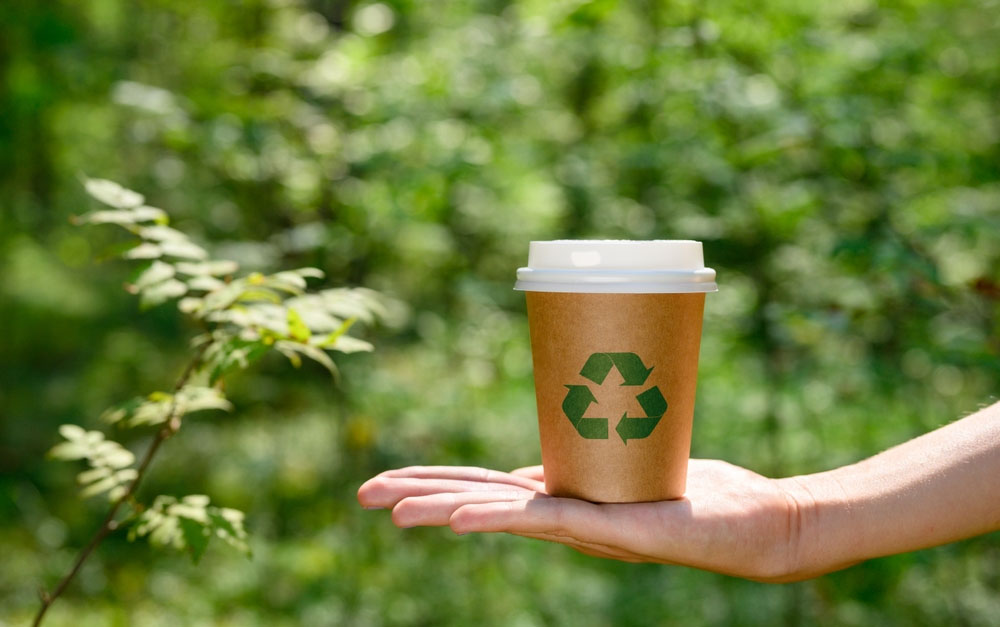
Environmental Benefits
Biodegradable cups offer significant environmental benefits. Unlike traditional plastic cups, these cups are made from renewable resources such as cornstarch and bagasse, significantly reducing dependence on petroleum resources and lowering fossil fuel consumption and carbon emissions. The production process is more environmentally friendly, reducing pressure on limited natural resources.
The biggest advantage of biodegradable cups is that they break down quickly in the natural environment. Traditional plastic cups take hundreds of years to degrade, releasing harmful chemicals and contaminating soil and water. Biodegradable cups can naturally degrade into harmless organic substances in a short period of time without producing harmful microplastics, thus effectively reducing environmental pollution.
By introducing biodegradable cups, waste accumulation in landfills can be significantly reduced and long-term damage to the environment reduced. This product promotes resource recycling and environmental sustainability, helps slow down the rate of global environmental degradation, and promotes improvements in resource management to support global sustainable development goals. The biodegradable cup demonstrates an important step forward in the field of environmental protection, creating a cleaner and healthier environment for the future.
Health and Safety Benefits
Biodegradable cups offer clear advantages in terms of health and safety. Traditional plastic cups often contain harmful chemicals such as bisphenol A (BPA) and phthalates, which may be released when in contact with hot drinks and enter the drink, posing a potential threat to human health. BPA may disrupt the endocrine system, while phthalates have been linked to reproductive and developmental problems.
In contrast, biodegradable cups are primarily made from natural materials such as cornstarch or bagasse, which are produced without BPA or phthalates, significantly reducing the risk of food contamination. Biodegradable cups are stable under high temperatures and do not release toxic gases or chemicals, ensuring the safety and purity of your drinks. This stability avoids health issues associated with material instability, such as the release of toxic substances or the migration of odors.
The design and material selection of the biodegradable cup fully considers food safety, and is especially suitable for use by sensitive groups (such as infants and pregnant women). As a result, they provide a safer alternative that reduces consumer health risks when using single-use cups, helping to protect personal health and improve overall public health.
Our Paper Cup Machines
Mingyuan paper cup machines not only produce high-quality PLA-coated paper cups, but also achieve an ideal balance between environmental protection and performance. Through sophisticated process design and innovative technology, these machines seamlessly integrate the PLA coating into the paper substrate, ensuring that each paper cup has excellent durability and strength to meet the needs of daily use.
In terms of environmental protection, our paper cup machines use advanced technology to ensure that each paper cup meets strict biodegradability standards. The efficient production process not only reduces material waste, but also improves production efficiency, ensuring that the final product has excellent degradation performance, providing customers with a more sustainable choice.




